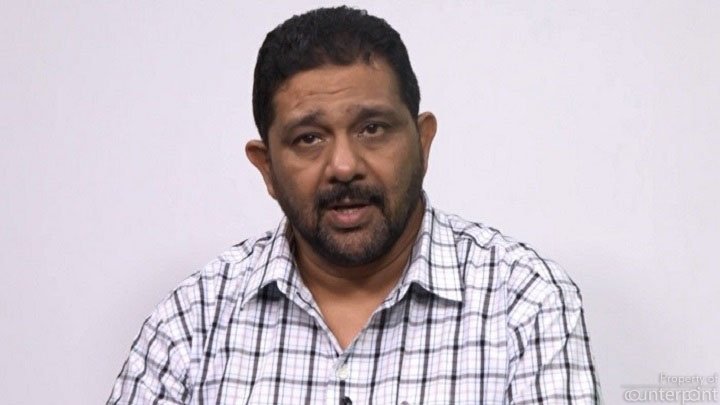
News Today: Supreme Court ruling on Azath Salley’s case reveals fundamental rights violations. Learn about the judgment, legal impact, and compensation.
The Supreme Court of Sri Lanka ruled that the fundamental rights of former Western Province Governor Azath Salley were violated by former Minister of Public Security Sarath Weerasekara and two CID officers during his arrest and detention in 2021. The verdict highlighted violations of Articles 12(1), 13(1), and 13(2) of the Constitution, which safeguard the right to equality and protection from arbitrary arrest.
Justice Priyantha Fernando, supported by Justices Gamini Amarasekara and Mahinda Samayawardena, found that the arrest under the Prevention of Terrorism Act (PTA) and International Covenant on Civil and Political Rights (ICCPR) Act was unlawful. The court observed that the detention order was improperly obtained, rendering it illegal. Additionally, the failure to produce Salley before a Magistrate contravened constitutional guarantees.
The petitioner had been arrested following a controversial statement at a media conference on March 9, 2021, where he advocated for Muslim law to govern the affairs of the Muslim community in Sri Lanka. Salley denied allegations linking him to the Easter Sunday bombings.
The Supreme Court ordered the State to compensate Salley with Rs. 75,000 for the arbitrary actions of former CID Director Nishantha de Zoysa, Chief Inspector Jayantha Payagala, and former Minister Sarath Weerasekara.
Legal representation for the petitioner included Faisz Musthapha, PC, Maithri Gunaratne, PC, and other attorneys, while Additional Solicitor General Dileepa Pieris represented the Attorney General.
This landmark judgment emphasizes the importance of adhering to constitutional rights and legal procedures, especially in sensitive cases involving national security.




Leave A Comment